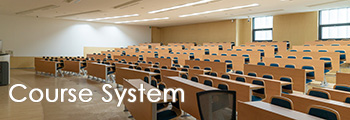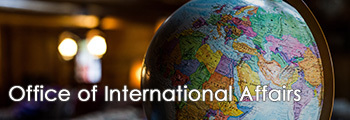Taking the “Taiwan Experience” Back Home —The New Southbound Policy Elite Study Program
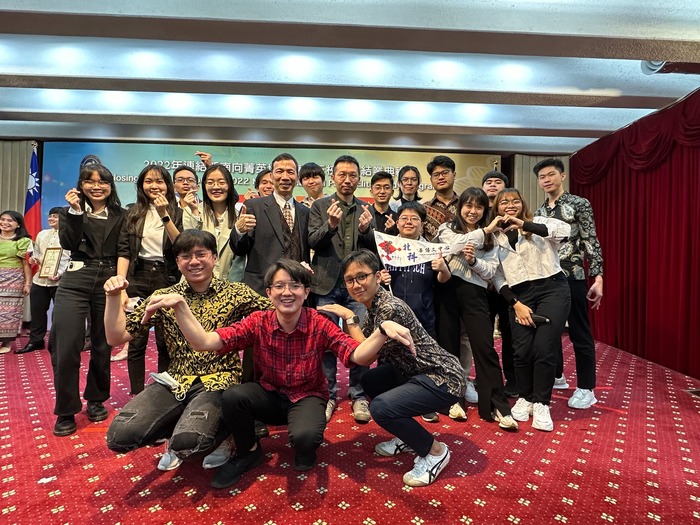
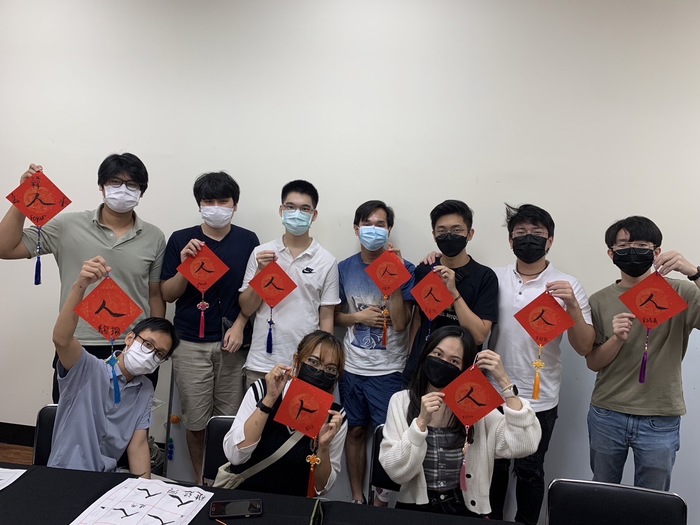
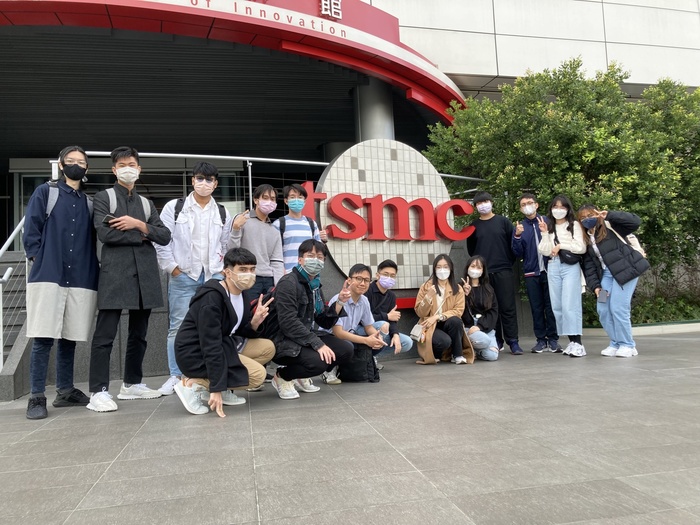
Article courtesy Taiwan Panorama
The Ministry of Foreign Affairs recently held the first New Southbound Policy Elite Study Program, in cooperation with Taipei Medical University, National Taipei University of Technology, and National Quemoy University. The one-semester curriculums provided students with a rich variety of content. Besides informative specialist courses, they also used time outside of class to explore Taiwan and try out Taiwanese cuisine. They all expressed the desire to return and study in Taiwan if they have the opportunity.
“You support the teacup with three fingers, which symbolize heaven, earth, and mankind, and let your mind be at one with the tea. The round teacup contrasts with the square tea tray on which it stands, and the tea forms ties of friendship between people.” Tea master Xu Yuren bows to the students as he serves tea, and the students reply by politely expressing their thanks for the beverage. Musician Richard Huang plays traditional Chinese music on the xiao, an end-blown vertical flute, and amidst the melodious sounds, as those in attendance appreciate the delicate fragrance and sweetness of the Nantou-grown white tea in their cups, their minds enjoy a moment of incomparable tranquility and peace.
This is a tea ceremony class held by National Taipei University of Technology (NTUT) for students attending the first New Southbound Policy Elite Study Program, organized by Taiwan’s Ministry of Foreign Affairs (MOFA). In order to help the students better understand Chinese culture, the Taiwan Mandarin Educational Resources Center at NTUT organized a series of extracurricular activities including seal carving, ceramics painting at Yingge, releasing sky lanterns at Jiufen, and Baduanjin qigong exercises.
But what the students at NTUT got the most out of were the classes in Mandarin Chinese and semiconductors, and they said that if they have the chance, they would like to return to Taiwan to study for their master’s degrees.
Training elite talent
This is the first training program organized by MOFA for young people from New Southbound Policy partner countries. After rigorous review by the three participating universities, a total of 50 people out of 250 applicants from six countries were selected to come to Taiwan for the special five-month program.
Deputy foreign affairs minister Tien Chung-kwang says that developing talent is an important element in the New Southbound Policy. MOFA invited young students to come to Taiwan for these special courses, which included not only classes in semiconductors, biomedical sciences, and regional studies, but also Mandarin Chinese and Taiwanese culture, demonstrating Taiwan’s “soft power.”
Taipei Medical University (TMU) offered more than 60 elective courses for its 15 students from the Elite Study Program. They included not only undergraduate students but also doctors, nurses, and university teachers from countries such as Vietnam and Indonesia. The courses they took ran the gamut from applied epidemiology, psychiatric neuroscience, and international health issues, to quality management and basic computer programming.
Chau Hoang Minh Vu, who is a doctor at Ho Chi Minh City Oncology Hospital, was surprised to learn that students in medical school in Taiwan can study Traditional Chinese Medicine and pharmacology and learn combined Chinese and Western treatments. This is not something that is available to medical students in Vietnam.
NTUT, meanwhile, offered courses in semiconductor engineering. Lim Dao Xuan, a student of Chinese ancestry studying at Tunku Abdul Rahman University in Malaysia, notes that Malaysia’s semiconductor manufacturing is centered on Penang, and says that although he studies chemical engineering, in the future he wants to get into the semiconductor industry. The course he took on this subject at NTUT expanded his perspective and he benefited from it greatly.
Taking the Taiwan experience home
The students in the Elite Study Program also enjoyed opportunities to appreciate authentic Taiwanese cuisine. Two students from the Philippines, Soriano Ramirez Jarod and Jian Carlo L. Songco, said they were able to immediately put to use what they learned in the Mandarin class at NTUT while strolling through night markets after class. They and their classmates visited about ten night markets together during the program semester. They invariably consumed roasted birds’ eggs and custom-mixed soft drinks at each night market, and also ate beef noodle soup at many eateries.
Tamiliniyaa Rangarajan, a student from India, related that in Kinmen they not only tried beef noodle soup and dumplings at many places, they also learned to love hotpot.
At the ceremony marking the end of the program, Jonathan Axel Benaya, who attended NTUT and won a Minister’s Prize, put his outstanding achievements in Mandarin class on display by delivering his remarks in Chinese. He said: “In the Elite Study Program I got to know friends from many countries, and my experience of life in Taiwan has caused me to fall in love with Taiwan. In the future I would like to return here for further study. I hope that the Elite Study Program continues into the future, and after I return home I will recommend the program to my friends.”
After the ceremony, Tien Chung-kwang responded by saying that the program will continue, and MOFA will consider expanding it to increase the number of participating universities and students, because these students will take their “Taiwan experience” back home with them. Tien said that he believes that while studying in Taiwan the students gain a deeper understanding of Taiwan’s free, democratic, and open society as well as its global economic and political position and its role in maintaining regional stability.




